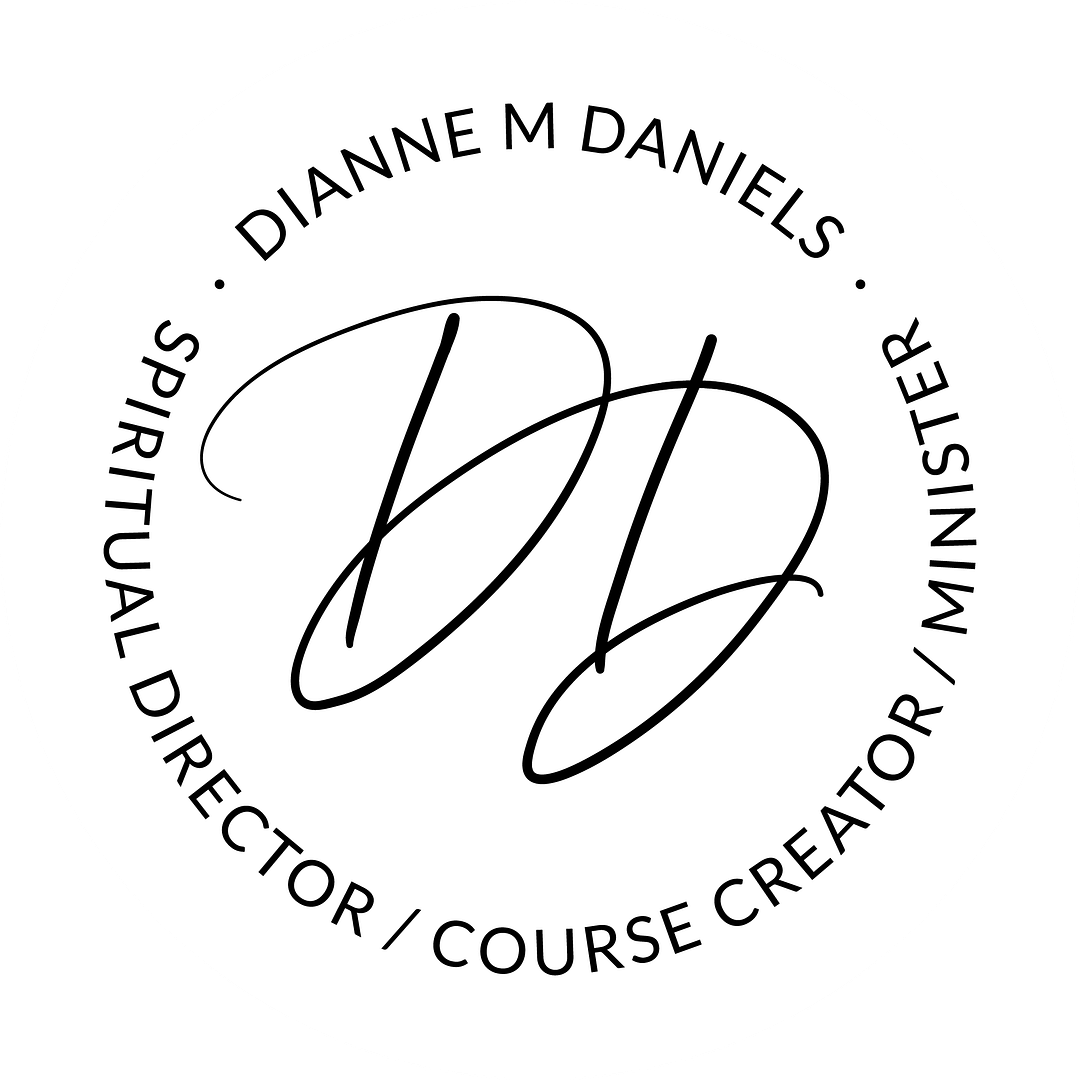Creating a new habit takes time, practice, and patience, and learning to journal is no different.
Whether you want to start journaling to improve your self-awareness and emotional health, to help you gain clarity, or to solve a thorny problem, it is important that you start with a solid foundation that will help you integrate this important and worthwhile activity into your life.
How to Create a New Positive Habit
First, you need to decide what part of your day lends itself best to a regular journaling habit. Like any habit, you need to commit to finding a space for it in your life if you want it to stick. When is a time in your day that you can devote 10-20 minutes of quiet reflection? During what part of your day is your mind most capable of this habit?
Some people do not like to write every day but instead, commit to a practice of three or four times per week. Before you start the process, figure out what you can reasonably commit to and make a choice to create during these times.
If you want to make journaling a daily habit, consider linking it to an activity you already perform on a daily basis, like brushing your teeth, combing your hair, walking your dog, or your daily commute by bus or train.
Next, you should consider which format will work best for you. Is a paper journal best, or would you be better off carrying a sketchbook and a set of pencils to encourage your art-based journaling?
If you’re more computer-savvy, would an app help you make journaling a habit? Does keeping it on your desktop computer make more sense, or would a tablet or iPad work better for you? Whatever you choose, get the notebook, download the app, or create the document, but get yourself ready to create.
Now, it is time to create. Just do it. Do not worry about what you create – express yourself. Don’t filter, judge, or edit yourself. Just let your thoughts flow from your mind to your journal. If you get stuck, look for writing prompts or other inspiration online to get you going. Don’t worry about following any type of formula or focus right away, just start creating. The more you do it, the easier it will get.
Once you have completed 10 or so entries, look for ways that they can inspire you to take action or make minor changes in your life. Have you noticed themes popping up more? Are there things you can do to address some of these areas? What will your journal teach you?
Reflecting on your entries is perhaps the most powerful part of a journaling habit. Look back to see how far you have come, what you can learn, what you notice about your emotions or decisions. Learning from your entries gives you insight, helps you make better choices, and promotes better understanding.
Once you have started, it is essential to keep it up. It can help to set a reminder on your phone, create an appointment on your calendar, or post notes around your home or workspace that help you remember to create new entries according to your chosen schedule.
Start small and work your way up toward longer stretches if your chosen method is not already a part of your daily routine. Even if you just work on a new entry for five minutes a day for the first week, this is helping you build your new habit.
Give yourself time and be patient. You may not notice that you think or feel differently for a few weeks. That’s okay. Like all good things, the results take time to develop. You will start to notice them soon, we promise.
Final Thoughts
Creating entries in your journal to express your thoughts and emotions every day provide multiple benefits. You’ll get better at solving problems, gain greater self-awareness, calm they busyness of your mind, and improve your overall health.
When you practice this critical routine on a daily basis, it can improve your memory and focus, stabilize your emotional health, and even improve your immune system. Find a routine that works for you and get busy creating!






